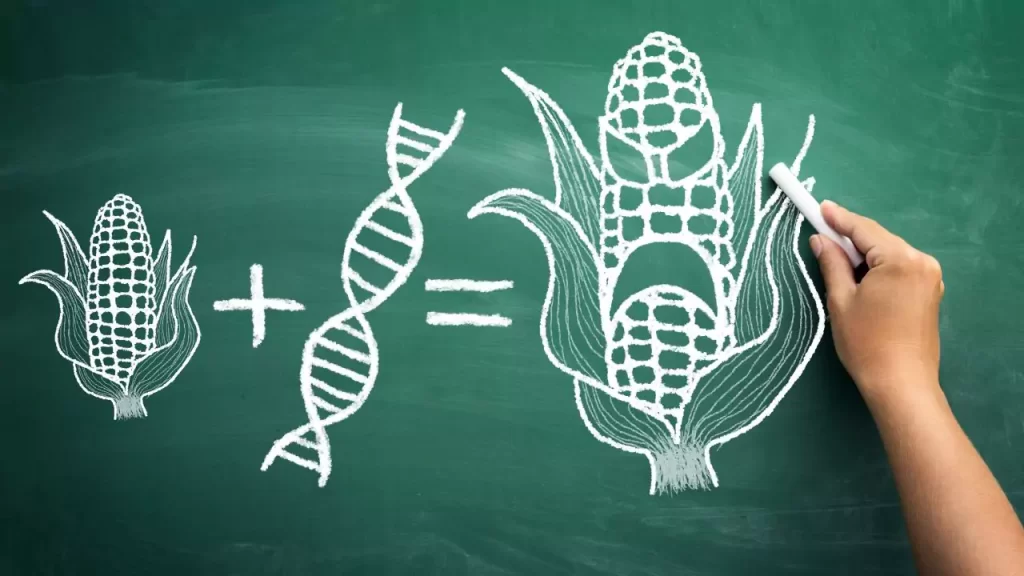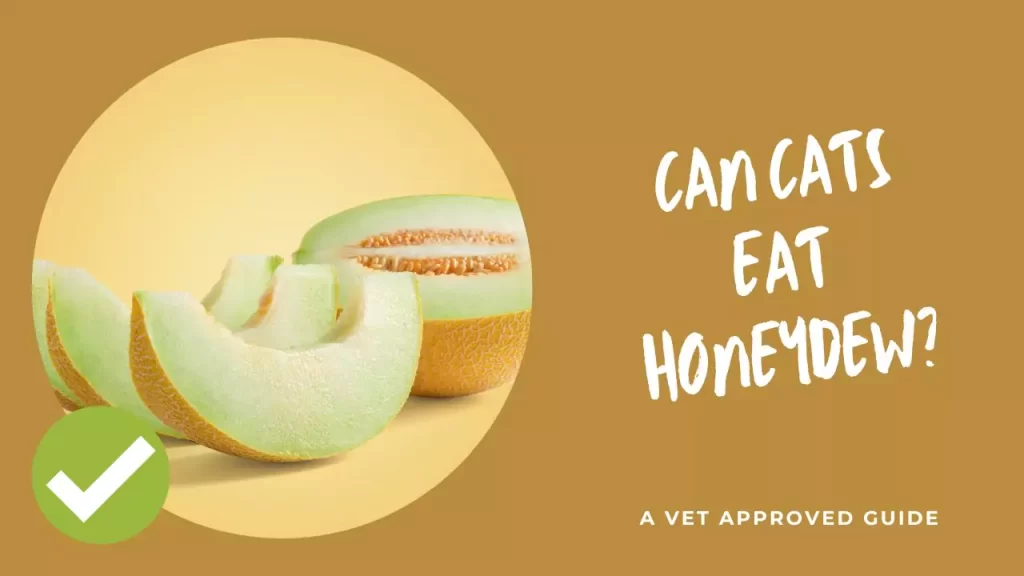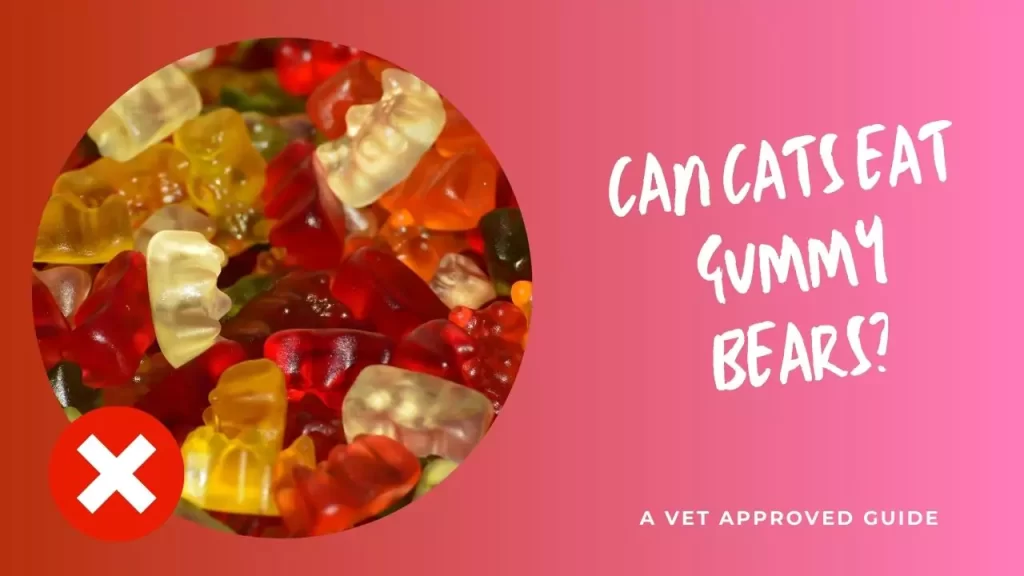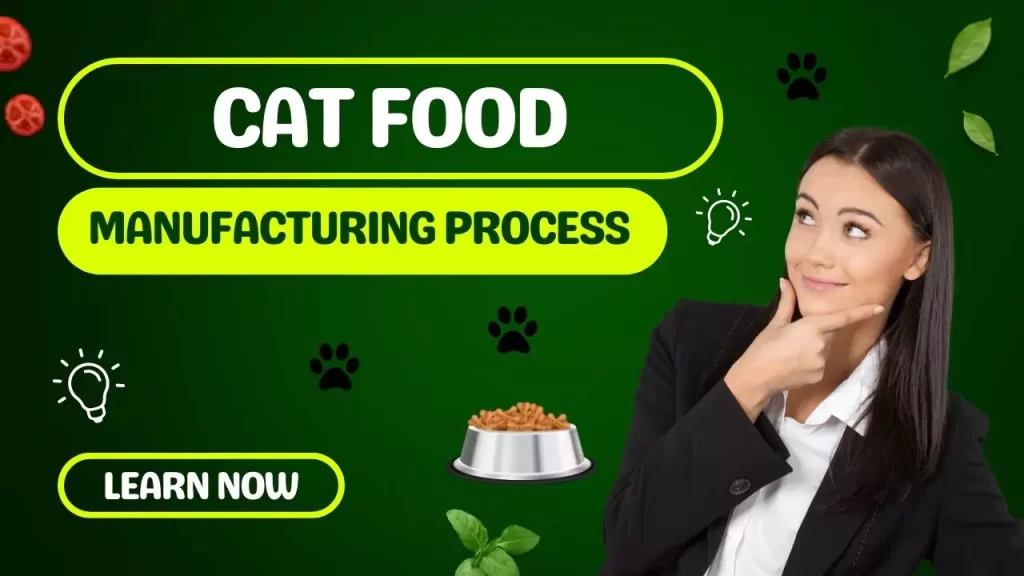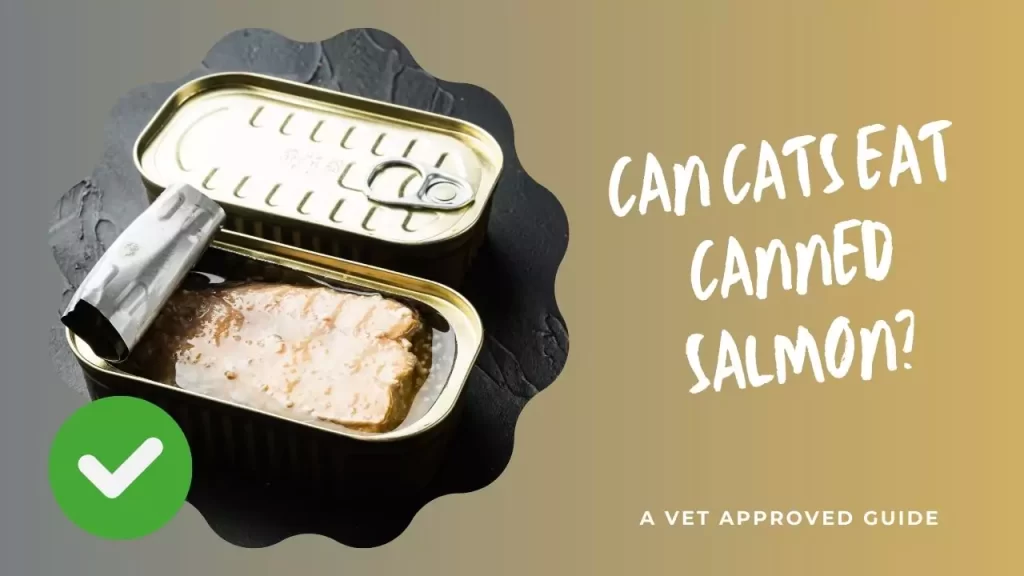Author: Dola Singha
Dola Singha is a cat enthusiast with a lifelong love for feline companions. She is an expert in all aspects of cat care, from nutrition and behavior to training and health.
Many cat owners believe fish is good for their pets. Fish is protein-rich and cats like the flavor. However, a fish-heavy diet may harm cats. I’ll discuss the risks of feeding cats too much fish, nutritional problems, and alternatives in this post. The Potential Dangers of Feeding Cats a Fish-Heavy Diet Feeding cats a diet rich in fish can seem nutritious but also carries risks. Notable concerns are: Nutritional Concerns of a Fish-Heavy Diet for Cats Fish is not a complete or balanced food for cats. It lacks some essential nutrients that cats need for their optimal health and well-being. …
Cats can eat dog food sometimes or in emergencies, but not consistently. Cats require more taurine, alanine, and protein than dogs, thus dog food isn’t enough. Taurine deficiency in cats may induce blindness and deadly cardiac problems. It’s OK for your cat to eat some dog food sometimes, but don’t make it their normal diet. Experts advocate feeding your cat moist cat food to help hydrate them. I hope this clarifies why cats shouldn’t consume dog food. Why Can’t Cats Eat Dog Food? Cats and dogs have varied dietary demands owing to evolution and biology. Cats must consume meat and…
Allergies may make pets miserable. Understanding the reasons and symptoms is essential to helping our feline buddies. This blog post discusses cat allergies, common allergens, and treatment alternatives. Learn about cat food and environmental allergens to keep your cat healthy. Understanding Cat Allergies Allergies are immunological responses to innocuous allergens. Food, pollen, dust mites, mildew, and dander may cause cat allergies. Cats with food and environmental allergies may be hard to diagnose. Difference between environmental and food-related allergies Environmental allergies cause inflammation in cats. If the cat’s skin barrier is broken, environmental allergens may infiltrate and cause an immunological response.…
Cats with sensitive stomachs may suffer gas, diarrhea, or vomiting. Allergies, intolerances, illnesses, and stress may cause this. If your cat has a sensitive stomach, switch to mild cat food. This article discusses the indications of a sensitive stomach in cats, how to pick the best cat food for sensitive stomachs, and how to make your cat feel better. Signs of a Sensitive Stomach in Cats Determining if your cat suffers from a delicate stomach involves spotting a few key indicators: regular upchucking or food rejection, unsettled bowels, high gas levels, a decrease in eating or weight, discomfort in the…
Probiotics are good microorganisms in animals’ and humans’ digestive systems. They maintain gut microbial equilibrium, which affects health and well-being. This post will discuss probiotics in cat food and how they may help your pet. Benefits of Probiotics in Cat Food Probiotics can provide several benefits for cats, such as: Choosing the Right Probiotic Cat Food Not all probiotic cat foods are created equal. Here are some tips to help you choose the right one for your cat: Top Probiotic Cat Food Brands Here are some examples of probiotic cat food brands that you may want to try: Conclusion Probiotics…
GMOs, or genetically modified organisms, are plants or animals that have been altered at the DNA level to enhance certain traits, such as pest resistance, drought tolerance, or nutritional value. GMOs are widely used in human and animal food production, but they are also controversial and potentially harmful. GMOs in Cat Food From Visually. GMOs in cat food are a concern for many cat owners who want to provide their feline companions with the best nutrition possible. GMOs may pose a threat to your cat’s health by altering their organ functions, immune response, gene expression, and susceptibility to diseases. Some…
Honeydew is a sweet and juicy fruit that many people enjoy, but what about cats? Can cats eat honeydew safely and benefit from it? The short answer is yes, cats can eat honeydew in moderation, but it is not a necessary or ideal food for them. In this article, we will explain why honeydew is safe for cats, what are the benefits and risks of feeding it to them, and how to prepare it properly. Honeydew and Cats Honeydew belongs to the muskmelon family (Cucumis melo). Its light green meat and yellowish-white skin are rich in water, sugar, vitamin C,…
Gummy bears are a popular candy that many people enjoy, but can cats eat them too? The short answer is no. Cats shouldn’t eat gummy bears since they’re unhealthy. This article discusses why cats shouldn’t eat gummy bears, the health dangers, and alternatives. Why Cats Should Not Eat Gummy Bears? There are several reasons why cats should not eat gummy bears, such as: Potential Health Risks of Cats Eating Gummy Bears If a cat eats gummy bears, it may experience some health problems, such as: Alternatives to Gummy Bears for Cats Instead of giving gummy bears to cats, there are…
Cat food manufacturing involves making nutritionally balanced cat food. Ingredient selection, quality control, cooking, processing, packaging, labeling, and safety standards make cat food. This post will explain each stage and dispel cat food production fallacies. We’ll also reveal some cat food processing secrets. Ingredients Used in Cat Food Manufacturing Cat food components vary by variety, shape, and quality. Ingredients include: The Process of Ingredient Selection and Quality Control Finding dependable suppliers that can provide high-quality ingredients that match cat food makers’ criteria is the first step in ingredient selection and quality control. Cat food manufacturers work closely with their suppliers…
Yes, cats can eat canned salmon. In fact, canned salmon is a great source of protein and omega-3 fatty acids for cats. However, it’s important to choose canned salmon that is specifically made for cats and does not contain any added salt or other spices. You should also avoid feeding your cat canned salmon that is packed in oil, as this can lead to weight gain or even pancreatitis. Cats need protein, which is found in canned salmon. It also contains omega-3 fatty acids, which are healthy for the heart, skin, and joints. To observe how your cat reacts to…




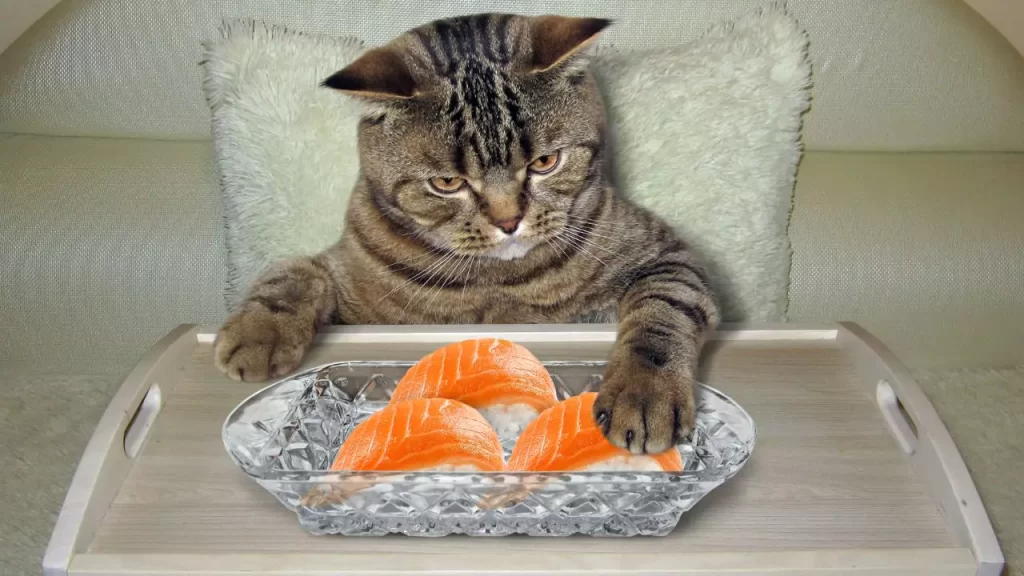
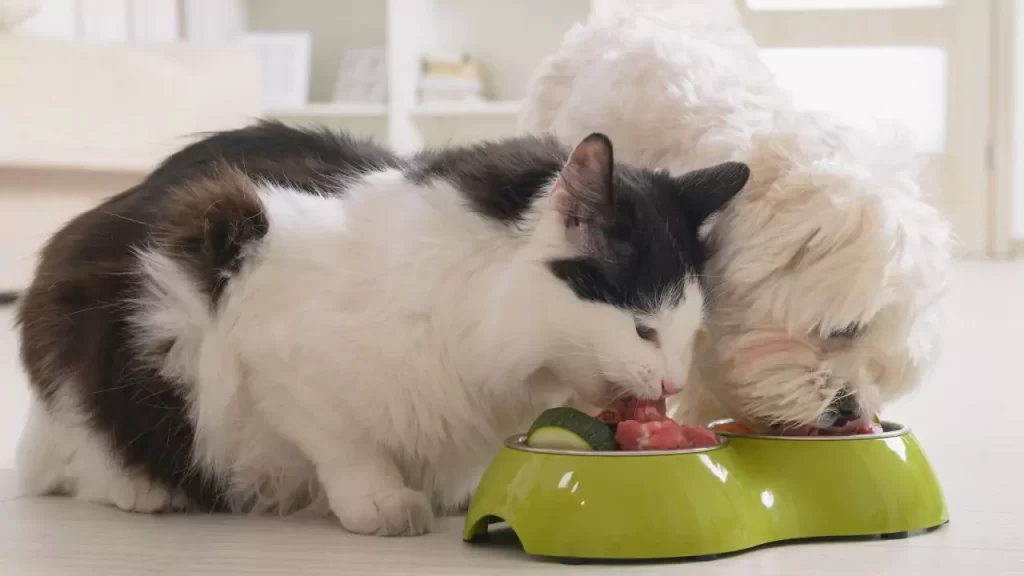
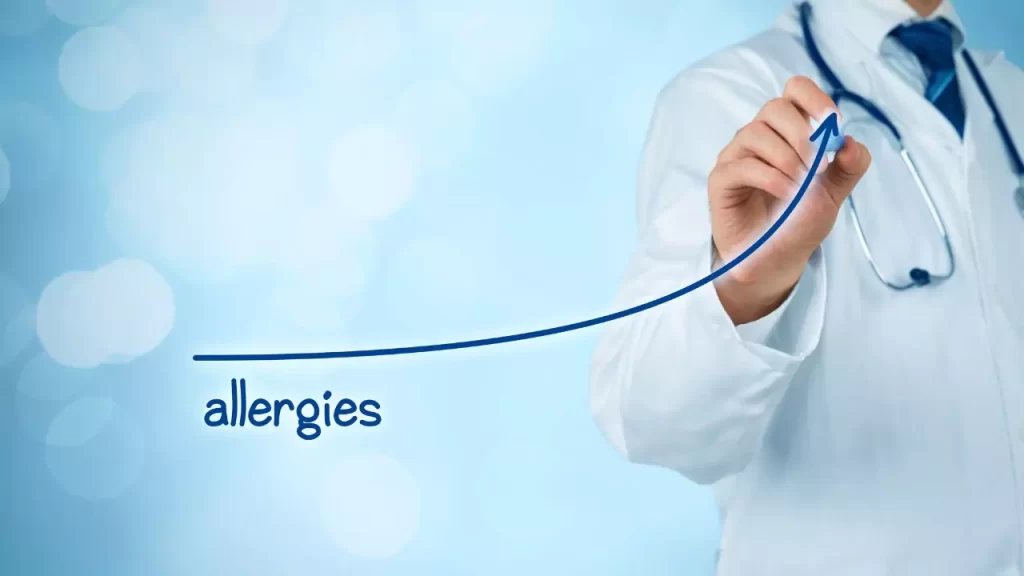
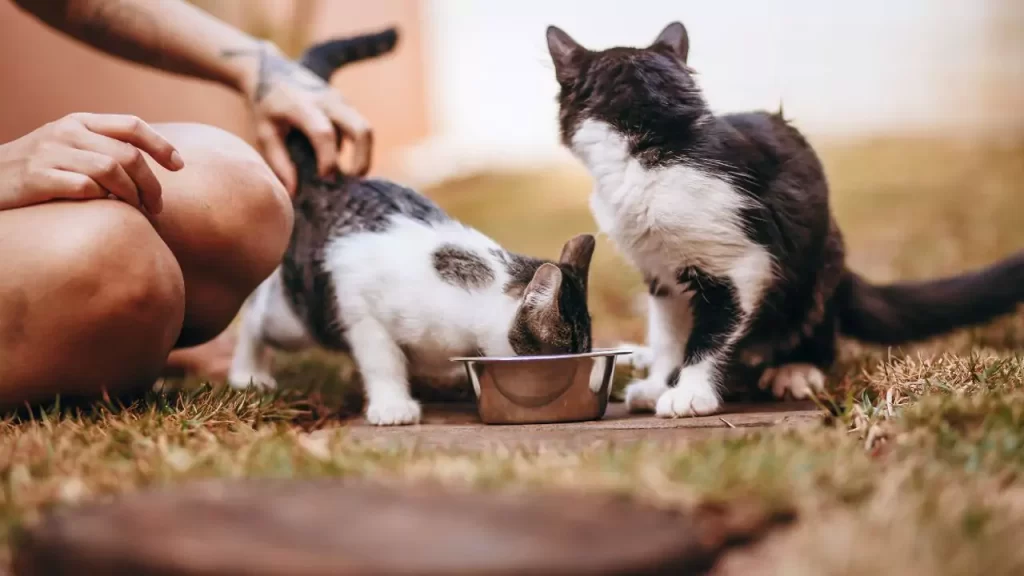
![The Role Of Probiotics In Cat Food [EXPLAINED] Probiotics In Cat Food](https://justcatlover.com/wp-content/uploads/2023/07/probiotics-in-cat-food-1024x576.webp)
